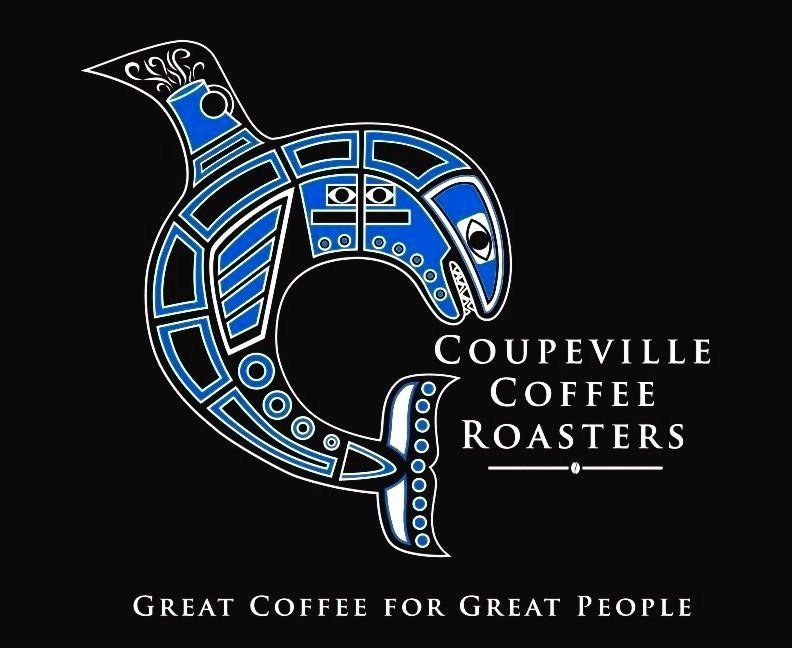Coffee Tips
*These tips are meant to be a guideline for those interested in making great coffee. There is, of course, more than one way of doing things, and people have their preferences. I tried not to get too technical, and don’t want to overwhelm you. You can do whatever the heck you want to, as long as you love the way you make your coffee. After all, you are the authority on how you like your coffee. But, below are some tips that you might want to try.
Coffee Gear
Digital Scale: Buy a digital scale. It makes things so much easier. Only use it for coffee, and keep it next to the coffee pot. Of course you can use any digital scale that you already have, and use it for whatever you want, but you don’t want to have to look for it in the morning when you’re half asleep and need a tasty cup of coffee!
Measuring cup: Keep a simple measuring cup on your digital scale to pour in your coffee beans for measuring, and then to use to pour the beans in the grinder hopper.
Burr Grinder: This one is important! You need to have a good coffee grinder. Simply put, as soon as coffee is ground it starts to degrade and go stale, so buying pre-ground coffee isn’t ideal. Of course this happens with whole beans too, but at a much slower rate. The cheapest “grinders” you can buy are usually made with blades that actually chop the beans. While this is better than nothing, it doesn’t grind with consistency, and doesn’t usually have the ability to customize your grind settings. Essentially, you won’t get all of the goodness out of your specialty coffee. A burr grinder has two metal (or ceramic) burrs inside that actually grind the coffee and provide you with a consistent grind size that is also customizable. (This is important, especially if you want to venture into different brewing methods, e.g. espresso.)
Airtight Container: You want some sort of airtight container to keep your coffee stored in. The more the coffee is exposed to oxygen, the quicker it will become stale. Personally, I use Airscape brand containers (I don’t get a kickback from Airscape!), but there are many like them. I like the ones I use because it has an internal lid that forces air out as you push it down on top of the beans, by way of a one-way valve. There is also a top lid which I think is more for aesthetics, and helps if you want to stack them. A resealable bag works too if you’re going to use your coffee within a week or less. Just remember to try and squeeze out the extra air when you reseal the bag.
Coffee Maker: The Specialty Coffee Association (www.sca.org) has recommendations, or approved, coffee makers listed on their website if you want to get more details. But, if you’re just buying an electric coffee brewer, most big manufacturers make good ones. Breville is quite good, and I use the Precision Brewer Thermal by them at home. One thing to look for in a coffee brewer is how the water is dispersed over the coffee grounds. A “shower head” style is better because it ensures that all of the grounds get wet. It’s also good to get something that doesn’t have a glass carafe / pot that sits on a burner to keep the coffee hot. These tend to “bake” the coffee.
Brewing
Use a 1:16 ratio of coffee to water. So, depending on how much you want to make, measure out your coffee and then multiply that number by 16. For example, if I measure out 10 grams of coffee, I would then multiply 10 x 16 = 160 grams of water. By the way, grams and milliliters are the same thing. So, 160 g of water is 160 ml of water.
Use filtered water (not distilled), unless you live somewhere that has great water out of the tap. If you think about it, your coffee ends up being something like 98% water, so nasty water will make nasty coffee!
Water temperature should be right around 200 degrees Fahrenheit, but if you’re using a drip machine, this will likely be set for you. Just keep this in mind for when you decide to try other brewing methods like a pour over.
Grind size: Generally speaking, for making coffee with a regular drip machine or pour over, you’ll want to use a medium grind. This can have a big influence on the final product. If you grind too fine, the coffee will be over-extracted and end up tasting too strong/bitter. If you grind to course, the coffee will end up being under-extracted and taste weak/sour.
